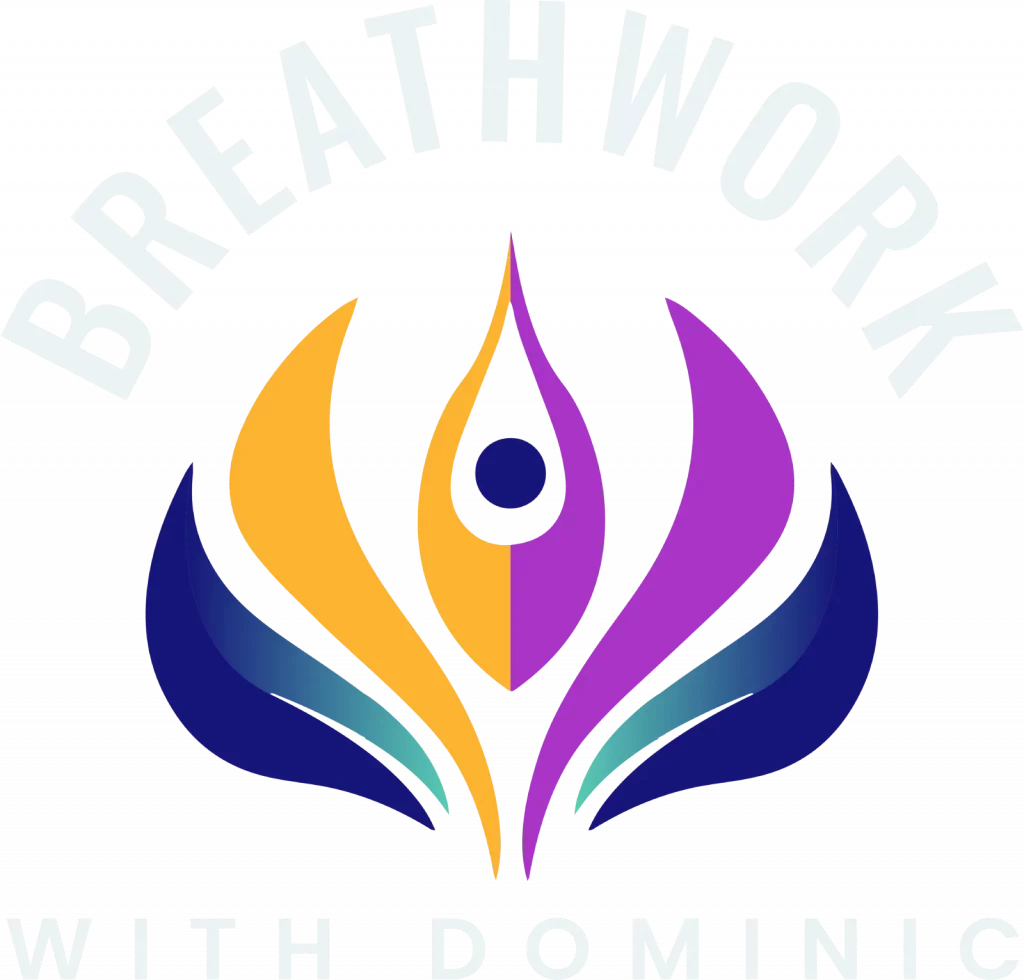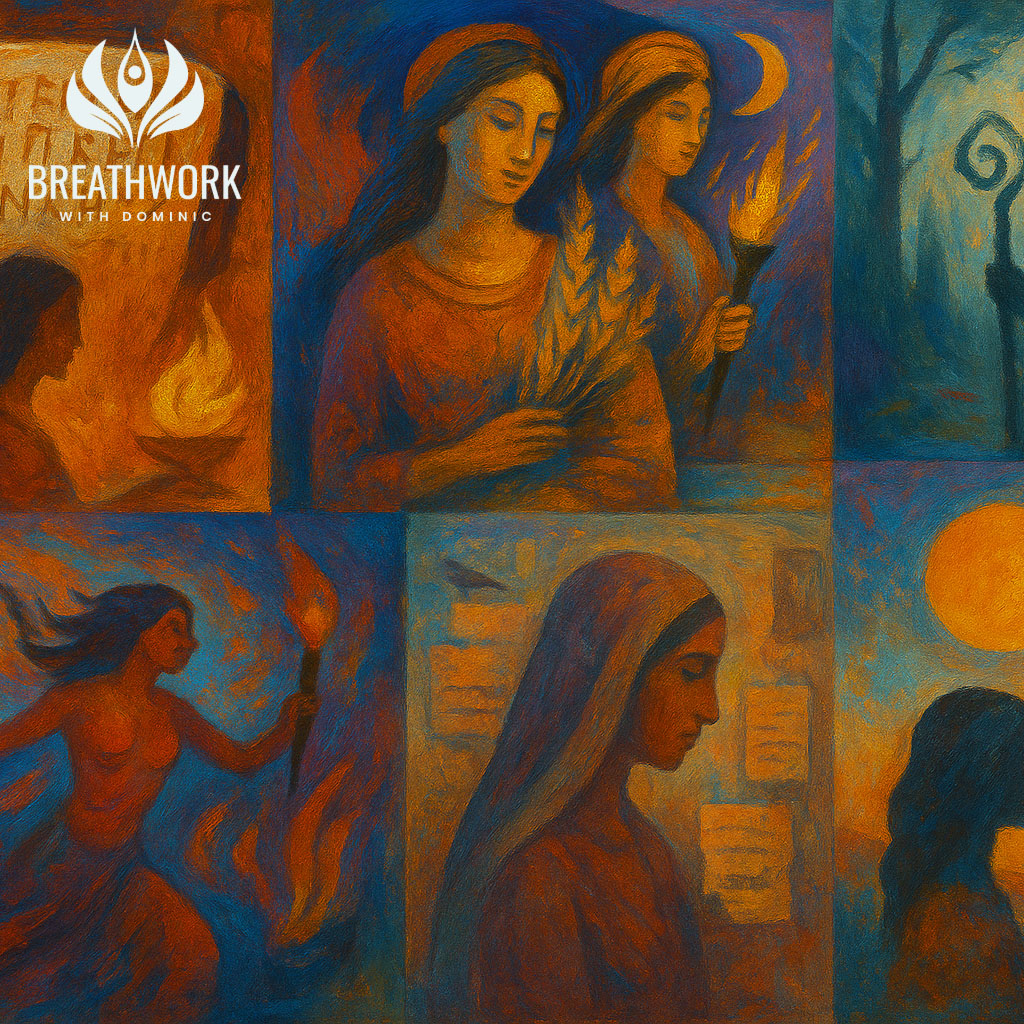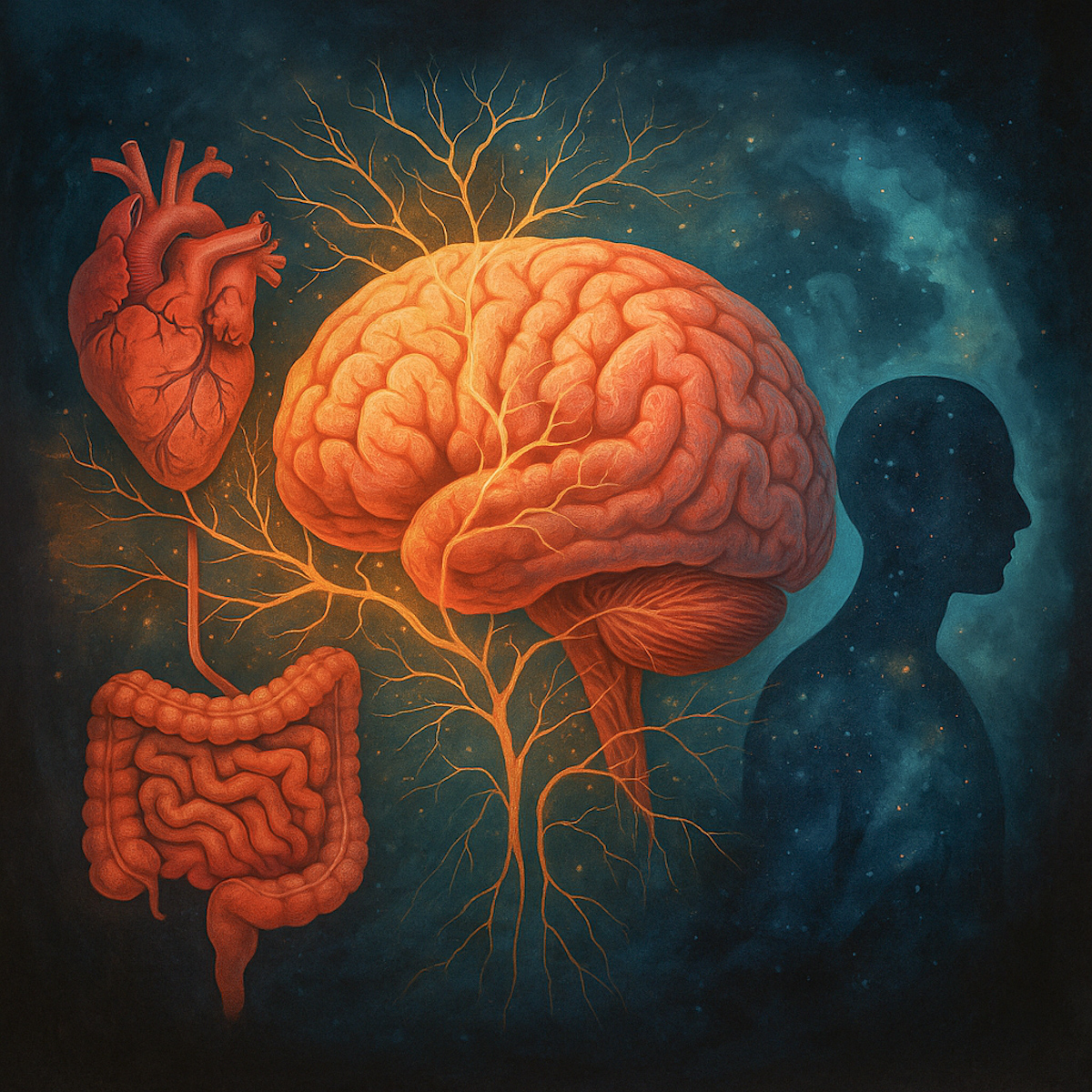Breath has always been more than air moving in and out of the lungs. Across cultures and centuries, it has been treated as a doorway to altered states — from yogic pranayama to modern Holotropic Breathwork. Now, science is beginning to catch up.
A new study from Brighton and Sussex Medical School, published in PLOS One (August 2025), shows that a particular style of breathing — fast, deep, and rhythmic, combined with music — can create experiences strikingly similar to those induced by psychedelic substances.
Researchers asked participants to engage in 20–30 minutes of “high ventilation breathwork” (HVB) while either online, in a lab, or inside an MRI scanner. Afterward, participants described their experiences, and researchers mapped what was happening in the brain and body.
The results were eye-catching. Many reported a sense of Oceanic Boundlessness — feelings of unity, bliss, and deep insight that mirror the effects of psilocybin or LSD. Physiologically, HVB activated the sympathetic nervous system: heart rate variability dropped, showing the body was in a state of mild stress.
Inside the brain, a fascinating pattern appeared. Activity decreased in regions tied to bodily self-awareness (the insula) while increasing in areas linked to emotion and memory (the amygdala and hippocampus). In other words, attention shifted away from tracking the body and into the realms of feeling and meaning — the perfect soil for transformative inner experiences.
Importantly, no adverse reactions were reported. Participants described reductions in fear and negative emotion, pointing to breathwork’s potential as a safe, non-pharmacological tool for personal growth and even therapeutic use.
The authors are careful to note the study’s limitations — small sample sizes and unanswered questions, such as the specific role of music. Still, the findings are groundbreaking: this is the first neuroimaging evidence showing how breath and sound together can reliably shift consciousness into psychedelic-like states.
For anyone exploring breath practices, the message is clear: what ancient traditions intuited is now being illuminated by neuroscience. Breath alone, guided with rhythm and care, can open doors to extraordinary inner landscapes.
Reference:
Kartar AA et al. Neurobiological substrates of altered states of consciousness induced by high ventilation breathwork accompanied by music. PLOS One, 27 Aug 2025. DOI:10.1371/journal.pone.0329411
Disclaimer: I do the research, the drafting and final edits myself and I use ChatGPT during this process.




